This year, private home prices in Singapore rose by 2.9 per cent in the first quarter of 2021, according to official reports released by the Urban Redevelopment Authority (URA) on 1 April 2021. This followed a 2.1 per cent increase in the previous quarter, and a 2.2 per cent rise in private home prices for the whole of last year in 2020 amid the COVID-19 pandemic.
Resale prices in the public HDB housing market rose 2.8 per cent in the first quarter of 2021. This comes after prices in the fourth quarter of 2020 climbed 3.1 per cent over that in the previous quarter. Prices in third quarter of 2020 rose by 1.5 per cent.
Singapore's sound property market fundamentals today, as well as the effectiveness of the government's Covid-19 response packages in helping to keep many businesses has helped build confidence among Singaporeans and among foreigners who are considering moving their families to Singapore amidst a spate of racism against Asians seen happening across the world.
Reduce Loan To Value (LTV)?
Loan-To-Value (LTV) is an often used ratio in mortgage lending to determine the amount necessary to put in a down-payment and whether a lender will extend credit to a borrower.
The bank loan LTV used to be 80%, but it was tightened to 75% in July 2018 as one of the implemented measures to cool the property market. Further tightening of this Loan-To-Value will especially hurt the first time buyers as most property investors buying their 2nd or 3rd properties generally do not need the maximum LTV for their loans.
Many analysts believed that this Covid spike in property demand is driven by many first time home buyers as we not only see an increase in private property prices, we also see a return of cash over valuation or COV for HDB flat transactions. Covid may have created a genuine need for young adults / couples to move out of their parent's homes and buy their first property. This phenomenon is not only seen in Singapore but also seen in many developed cities around the world.
Total debt servicing ratio (TDSR) refers to the portion of a borrower's gross monthly income that goes towards repaying the monthly debt obligations, including the loan being applied for. A borrower's TDSR should be less than or equal to 60%.
As property loans can be large, long-term liabilities for most individuals and households. TDSR limits ensure that borrowers are not over-leveraged for property purchases. This also limits and reduces the ability of genuine home buyers in getting their desired homes as they will need to meet TSDR requirements when applying for their property loans.
If the government decides to lower TDSR to maybe 50% of the total income, this will greatly impact genuine homebuyers as the banks will only take help of homebuyers income as a guide when calculating the loan amount to offer them for their property purchase therefore going against the spirit of the government's plan for everyone who needs a home to be able to afford them.
Singapore may be the only country in the world that discourages its citizens from buying more than one property by implementing Additional Buyer Stamp Duties (ABSD) on top of its normal Buyer's Stamp Duty due to its limited and scarce land space. Singapore currently charge its own citizens a whopping 12% ABSD for buying a second property and an astonishing 15% ABSD for buying a 3rd property. Some felt its akin to punishing the rich for being rich. So if the government increases the already hefty ABSD towards its own citizens for buying properties, there may be a knee jerk reaction in the property market negatively impacting the critical construction sector which is already reeling from last year's Covid pandemic.
The construction sector has been one of the hardest-hit industries amid the fallout from the pandemic, contracting more than 50% and saw one of the largest declines in employment - by 13,600 workers, second to only the food and beverage services sector. This sector is expected to slowly improve in 2021.
One suggestion for the government to reduce the price of future new condo launches is to release more land parcels for government land sales (GLS). This will increase the supply of land to build more condos and will also effectively lower the land bidding costs as developers have more land parcels to choose from and not be forced to compete for limited land parcels which effectively will drive up the winning bid price. Higher bids will mean higher prices for the future condo units as developers pass the higher costs to consumers. Some wonder how does the government expect developers to be prudent in their land bids when they are not releasing enough GLS land to meet demand for housing.
Real estate professional Kiwi Lim from Huttons Asia felt the government may not be too keen to sell more land parcels as it may lower the prices of the winning bids for the individual land parcels thereby reducing the total sum from the land sales that contributes to the government reserves, especially when more than $90 billion has already been spent last year from the reserve coffers to manage the economy and Covid pandemic last year.
"This year, our government's policy makers might really have a headache deciding on whether to implement additional cooling measures for Singapore's property market as the government does not want to cripple the construction industry and other industries linked to it. The impact such a decision may have on the overall Singapore economy during this Covid period may be immense. We believe the market is driven by many first time buyers and not purely by investors and foreigners (foreigners were mainly kept out of our borders during this pandemic period). I have never seen our government deliberate so long on implementing property cooling measure after various writeups of possible cooling measures were floated in the mass media." said Kiwi
| Please 'Like' & 'Follow' me on social media for more timely and insightful property market updates and analysis | |
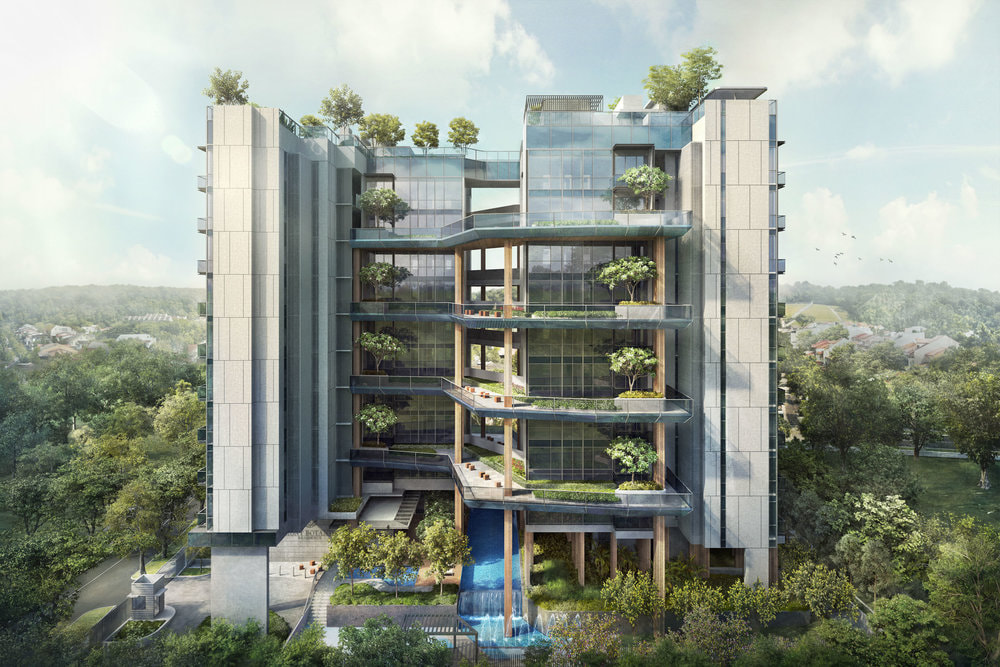
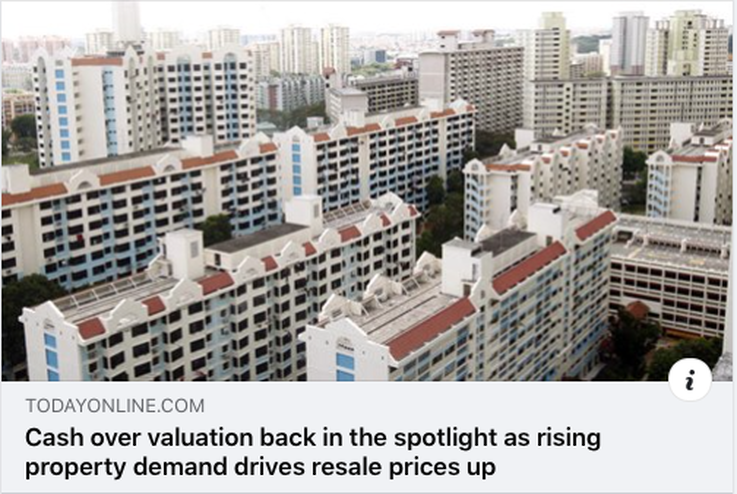
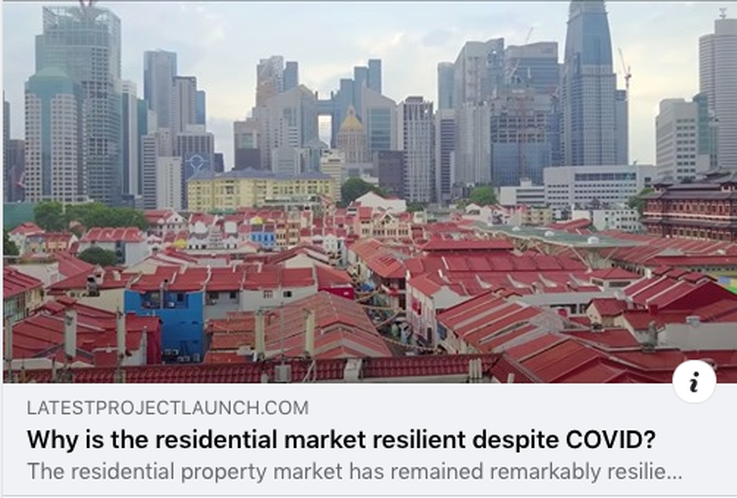
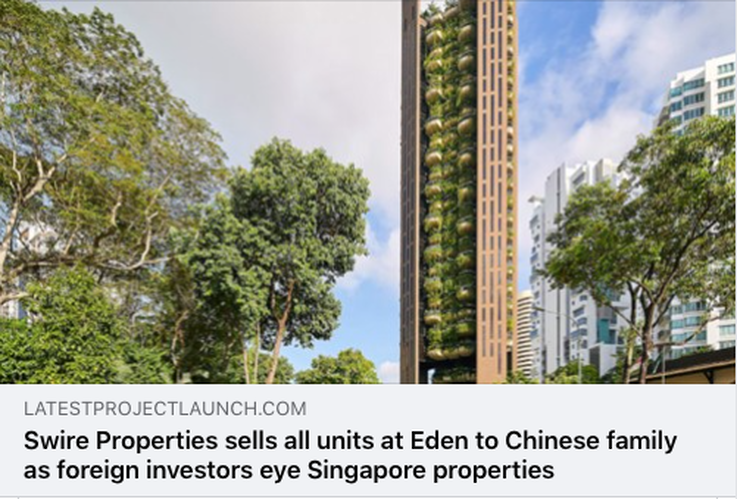
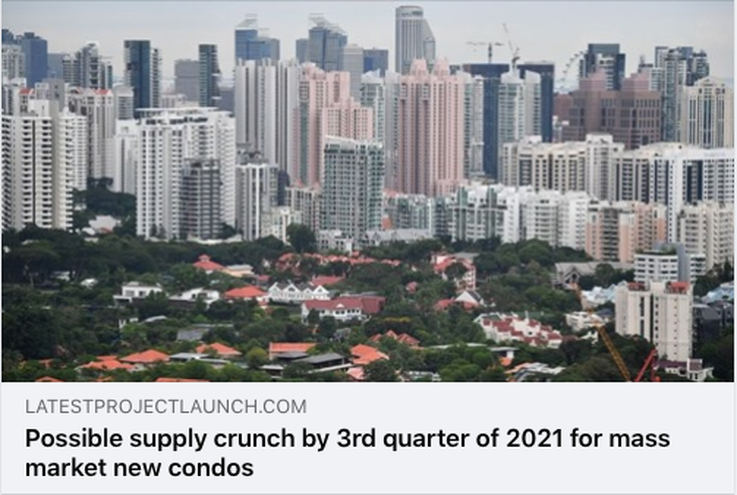
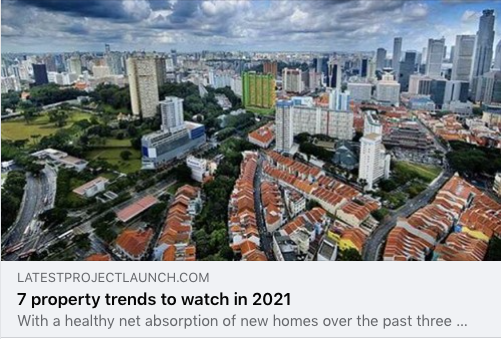


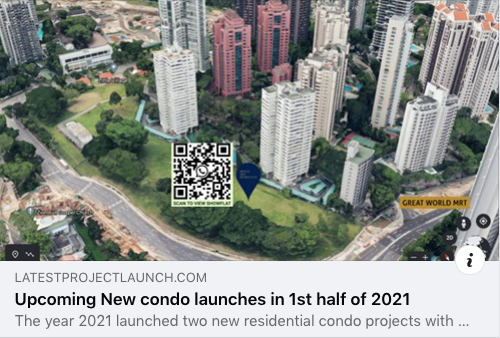



 RSS Feed
RSS Feed
